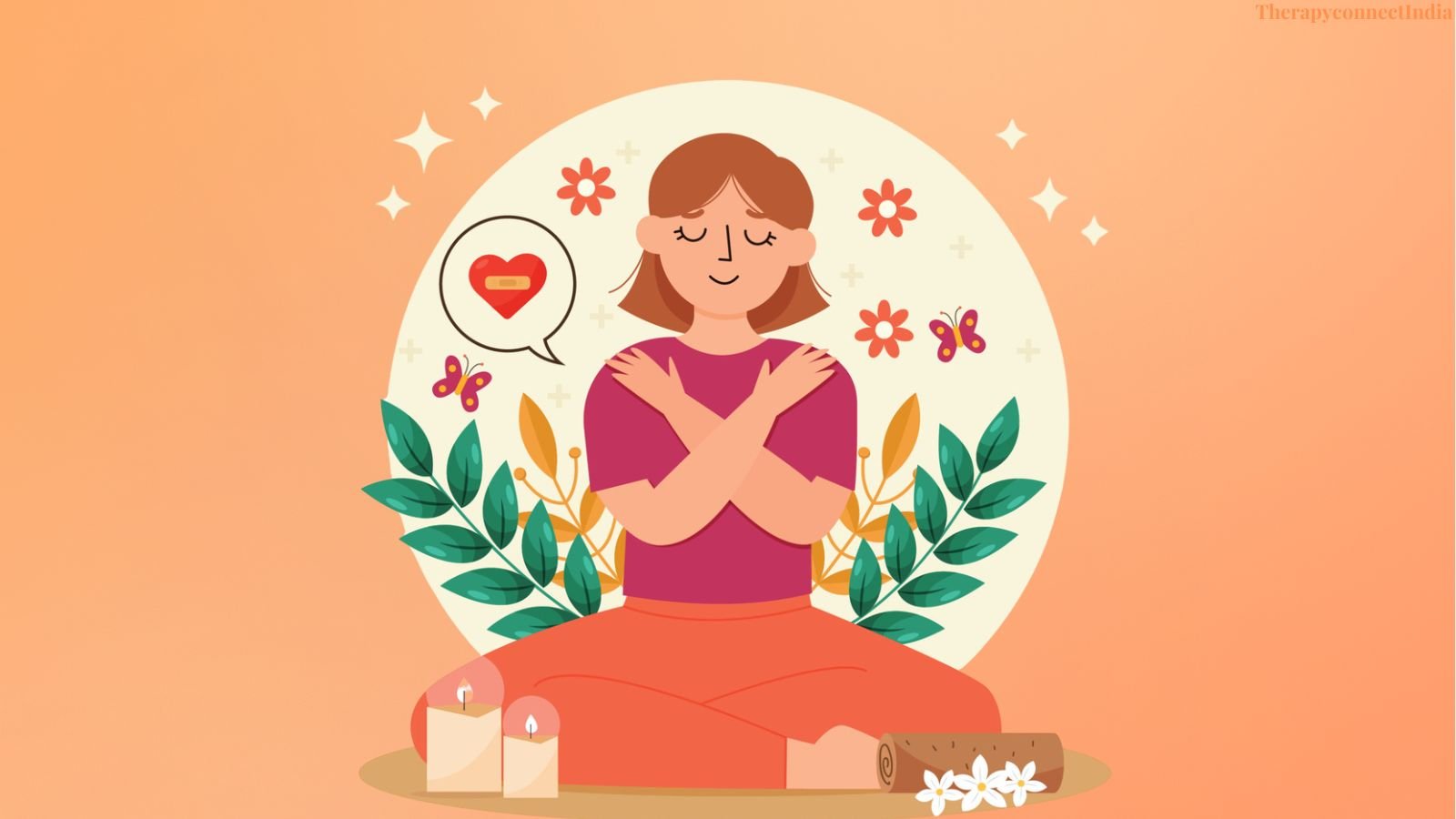Self-Care for the Overachiever: Prioritizing You Without Guilt

High achievers are often praised for their dedication, discipline, and success. They work long hours, take on multiple responsibilities, and push themselves to excel in every area of life. However, this constant drive for success can come at a cost—burnout, stress, and exhaustion. Many overachievers struggle with high achiever burnout, feeling guilty when they take breaks or prioritize self-care.
But self-care isn’t a luxury—it’s a necessity. Taking care of yourself doesn’t mean sacrificing productivity; in fact, balancing work and well-being can improve performance, creativity, and long-term success. This article explores why self-care is essential for overachievers, how to recognize burnout, and practical ways to prioritize yourself without guilt.
Overachievers often feel the pressure to do more, be more, and achieve more. They set high expectations for themselves and struggle with the idea of slowing down.
Here’s why many high achievers neglect self-care:
While ambition is valuable, ignoring self-care leads to exhaustion, reduced motivation, and even burnout. Understanding the signs of burnout can help high achievers recognize when they need to slow down.

Burnout doesn’t happen overnight—it builds up over time. Overachievers often overlook the early warning signs, believing they just need to "work harder" or "push through."
Common signs of high achiever burnout include:
Ignoring these signs can lead to chronic stress, which negatively impacts mental and physical well-being. The key to avoiding burnout is incorporating self-care without guilt.

Many high achievers struggle with the idea of self-care because they believe it conflicts with productivity. However, self-care isn’t about doing less—it’s about doing better by ensuring your mind and body function optimally.
1. Reframe Self-Care as a Productivity Tool
Instead of viewing self-care as a distraction, see it as an essential performance booster. Taking breaks, exercising, and getting enough sleep improve focus, creativity, and efficiency.
Websites like Mindful.org offer guided practices for integrating mindfulness into daily routines.
2. Schedule Self-Care Like a Work Task
High achievers rely on schedules and deadlines to stay organized. Apply the same principle to self-care by treating it as a non-negotiable appointment.
Using tools like Todoist can help organize work-life balance tips and maintain a structured schedule.
3. Set Boundaries to Protect Personal Time
Overachievers often struggle with setting boundaries, feeling the need to be available 24/7. However, creating clear boundaries between work and personal life is crucial.
Resources like Set Boundaries, Find Peace by Nedra Glover Tawwab offer insights on establishing healthy boundaries.

4. Prioritize Rest and Sleep for Maximum Performance
Many overachievers sacrifice sleep to get more done, but sleep deprivation actually reduces productivity. Quality rest enhances memory, decision-making, and problem-solving skills.
5. Embrace Imperfection and Let Go of the "Always Busy" Mindset
Overachievers often struggle with perfectionism, feeling that everything must be done flawlessly. However, perfectionism can be mentally exhausting and counterproductive.
Books like The Gifts of Imperfection by Brené Brown help individuals overcome perfectionism and self-doubt.

Self-care doesn’t have to be time-consuming or interfere with your work goals. Here are some simple yet effective strategies:
For more self-care ideas, Headspace offers meditation and wellness tools to manage stress and burnout.

Being a high achiever doesn’t mean sacrificing well-being. In fact, balancing productivity and self-care can lead to greater success, happiness, and long-term fulfillment.
By recognizing burnout signs, setting healthy boundaries, and implementing self-care habits, overachievers can maintain their drive without exhaustion or guilt. Prioritizing self-care isn’t selfish—it’s a necessity for sustained success and mental well-being.
If you struggle with high achiever burnout, consider seeking support through therapy or coaching. Websites like BetterHelp provide online counseling tailored to stress management and work-life balance.
Remember: Taking care of yourself is the best way to stay at your best without burnout.